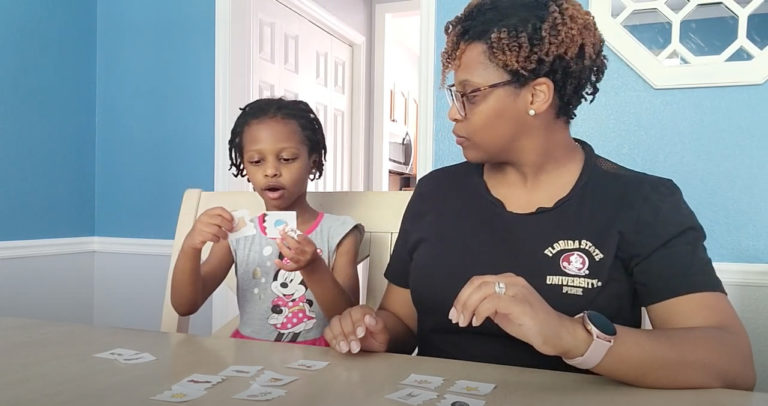
Pro back to school tips for 2021
Last year was a school year like no other. When it was time to measure 2020-21 student enrollment last fall, the Florida Department of Education qualified it like this:
- 1,503,788 were “traditional brick & mortar.”
- 1,211,855 were “innovative.”
- 76,044 were “traditional virtual.”
Most of those “innovative” students began the school year learning at home and returned to in-person classrooms at some point, but many students learned at home for the entire school year. Now, those students face a choice: to either continue their journey learning at home in the 2021-22 school year or return in person for the first time in 17 months.
“The pandemic provided a stronger emphasis on parents’ ability to choose the modality that works best for their student,” said Dr. Dakeyan Graham, Executive Director of the Office of Independent Education and Parental Choice at the Florida Department of Education. Graham’s office provides oversight to all school choice programs, such as charter, private, virtual and homeschool learning environments. “Our responsibility is to create opportunities for an equitable experience that is tailored for their individual needs.”
Graham, who was also the 2020 Teacher of the Year for Florida, can empathize with parents and students on all points on the spectrum. Some students and parents could not wait to get back to a traditional classroom; others have decided they will not return in person for a wide variety of reasons, including that they simply learn better at home.
For students who are now returning in person, Graham anticipates they will feel a sense of disconnection that they can work to overcome.
“If I was a sophomore when the pandemic hit and now I’m coming back as a senior, I really have lost the opportunity to see what other seniors have done in the past, and to be a part of the school culture,” he said. “And it’s difficult to understand the culture of the school because it’s completely different. The younger ages are going to be more resilient, more flexible getting back in the saddle.”
However, parents of students of all ages can help their students get “re-energized and reconnected,” he said. Encourage students to be involved in extracurricular and co-curricular activities, he advised, and then show up yourselves.
“As parents, you’ve got to be involved not just with the academics but with the school community,” he said. “Show up for their games; show up for the meetings. Really support the school’s efforts to create and become a community-based entity.”
According to a PTA study, the best predictor of student success is the extent to which families encourage learning at home and involve themselves in their child’s education.
He also had advice for parents whose students will be learning at home, whether that is through parent-led homeschooling or full-time virtual learning, such as through Florida Virtual School. If you fall into the former category, he recommends that you learn all the state regulations for homeschooling and equip yourself to be your most effective. You may learn those rules by joining a homeschooling cohort in your community or reaching out to your school district’s homeschooling liaison.
Parents of Florida Virtual School students should be “just as involved if not more involved with their students,” Graham said. The programs are more self-paced, and feedback won’t necessarily come directly to the parent (although it can always be accessed through the FLVS parent portal). Parent touchpoints with the teacher will be different but are required, so be sure your child’s teachers have your contact information and be on the lookout for those opportunities to connect and learn about your child’s performance. (More tips on FLVS here.)
Both homeschooled and virtual students can still participate in co-curricular and extracurricular activities at your zoned school, and Graham recommends plugging into those “in order to offer that well-rounded, holistic experience for your child.”
Florida parents have an abundance of quality educational choices, and there isn’t one of them that won’t be enhanced by caring parental involvement.
“In my opinion,” Graham said, “there’s no difference whether your student is a homeschool student, a full-time virtual student or an in-person student: The parent is still there to be that accountable guide to make sure their students are having the whole experience that enables them to become the best version of themselves.
Have questions? We’ve got answers! Explore our Frequently Asked Questions to learn more about our Prepaid Plans and Savings Plan. And click here to start your savings now!
